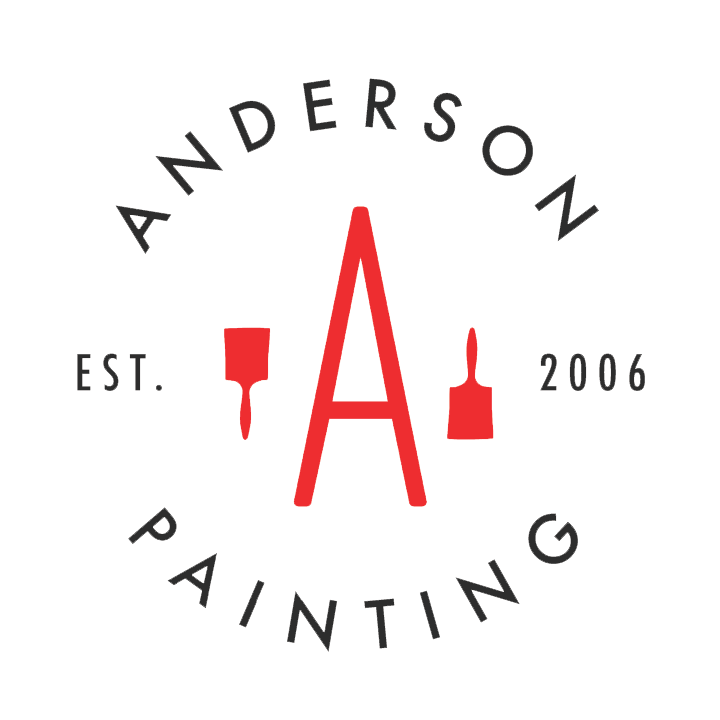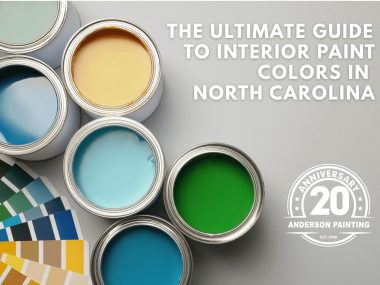The Pros and Cons of Epoxy for Concrete Floors

Bare concrete is undoubtedly tough, but it’s not invulnerable. Indeed, concrete’s porous nature leaves it open to the invasion of moisture, bacteria, fungi, dirt, dust, and more. So, while concrete is a sturdy flooring option, it’s important to protect it from these various threats if you want to get the most out of your concrete floors. Epoxy paint is perhaps the most common sealing option for concrete floors, and it’s certainly worth considering for its many benefits. That said, epoxy paint has its setbacks, too. An informed decision relies on seeing the whole picture, so let’s go over the pros and the cons of choosing epoxy for your concrete floors.
Pros of Epoxy Concrete Floor Paint
Epoxy coatings are popular for a reason, namely:
Durability
When properly applied and well-maintained, quality epoxy paint boasts a long lifespan -- potentially several decades. Of course, this is not the case for every epoxy coating. But if you’re prepared to take good care of your floors, know that quality epoxy can last quite some time.
Protection
The primary reason to seal your concrete is to protect it from harm from above and within. Epoxy paint achieves both of these goals, providing a barrier against moisture, stains, grease, impact and more. As a result, epoxy coatings minimize the amount and size of cracks that may occur in the concrete. Many epoxy options are also resistant to heat, oil, water, bacteria, and various chemicals, making them valuable in garages and industrial settings.
Aesthetic Value
Though protection is the name of the game, epoxy paint also enhances the appearance of any concrete floor, adding a smooth shine and color if desired. In fact, there are many epoxy floor paint colors to choose from. In this way, epoxy offers plenty of visual variety.
Visibility
The color and gloss of epoxy isn’t just for looks, either -- it’s also for safety. A bright epoxy floor is much more visible than bare concrete on its own, which reduces tripping hazards and makes it easier to locate potential problems with your floors.
The Cons of Concrete Epoxy Floor Paint
Now let’s get to the downsides of epoxy paint.
Can Be Slippery
Certain oil-based epoxy applications can be rather slick (especially when wet), increasing the risk of slips and falls. That said, the best epoxy paint out there offers slip resistance. And at the very least, you can texturize your epoxy floors to add friction.
Requires Significant Prep Work
This drawback applies to just about all concrete floor coatings, but epoxy is certainly no exception. Simply put, achieving an adherent, durable, long-lasting epoxy coating cannot occur without the proper prep work, which can be extensive (power washing, vacuuming, grinding, crack filling, priming, etc.).
Delicate Application and Removal Process
Not only is the prep work a challenge -- the application of epoxy paint can be a difficult problem in and of itself, which is why it’s important to hire flooring professionals to handle this task. After the epoxy has been applied, it can take multiple days for it to properly bond, set, and dry. Should you want to remove or replace your epoxy paint for cement floors in the future, the removal process is even more challenging and may damage your floors in the process. Keep this in mind before deciding on epoxy coatings.
What Other Options Are There?
If the cons of epoxy have outweighed the pros in your mind, you might wonder if there are other ways to protect and enhance your concrete floors. There are. These options include acrylic/latex sealers, urethane cement, polyurea, concrete polishing, and more. Each of these options has its unique pros and cons as well. If you’re struggling to choose a concrete coating option, Anderson Painting will work with you to make the right choice for your needs.
To learn more about us and all we do, call today at 919-610-1855 or email us at info@andersonpaintingnc.com!




